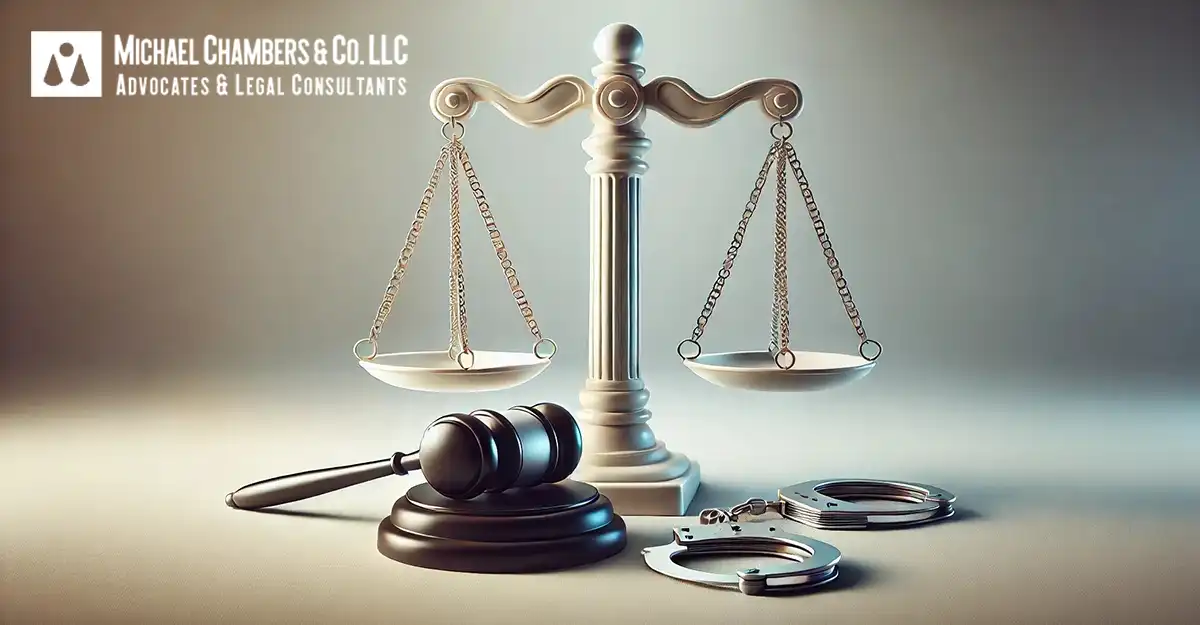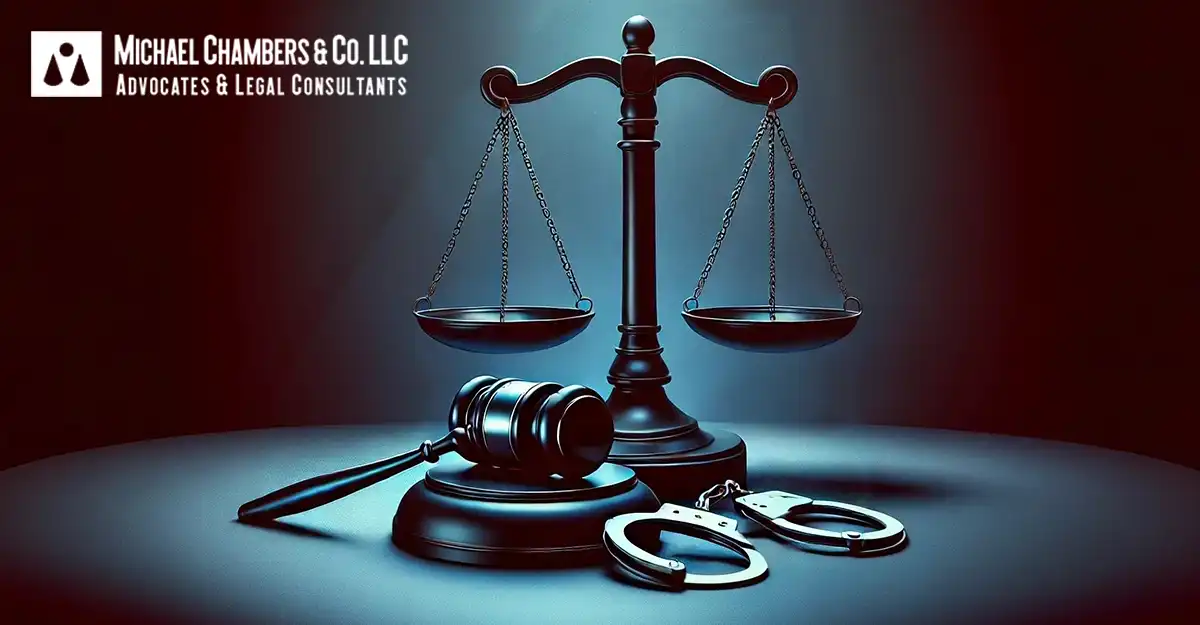The Mareva injunction, otherwise known as the freezing order or freezing orders, the Mareva order or the Mareva regime, is an interlocutory relief granted by the courts in order to freeze the assets of a defendant during a civil proceeding. The primary function of the injunction is to maintain the integrity of the court process by preventing the defendant from dissipating assets and becoming judgment-proof. The order is not granted as a compensation for the plaintiffs, neither are they given rights over the defendant’s property; but rather, the injunction is usually granted to prevent defendants, whether innocent or guilty but apparent fraudsters, from transferring or dissipating their assets beyond the jurisdiction of the court in which the trial is pending.
The origins
The asset-freezing regime emanated from the English jurisdiction in the case Mareva Compania Naviera SA v International Bulkcarriers SA 2 Lloyd’s Rep [1975] and became known as the ‘Mareva injunction’, although the same order was granted in the case Nippon Yusen Kaisha v Karageorgis [1975] 1 WLR 1093 CA, [1975] 3 All ER 282 a few months earlier. The Mareva injunction has been recognized by other Commonwealth jurisdictions to have a worldwide effect and its definition as an asset-freezing order has been embodied in the Civil Procedure Rules 1998.
Although initially conceived as an aid to commercial litigation, the English courts have been quite liberal in granting Mareva orders during legal or arbitration proceedings to prevent defendants from dispersing their assets otherwise than in the ordinary course of business, to ensure that the potential judgment of the court is enforced and the plaintiff’s claim is satisfied. The unique characteristic of the freezing order is that, unlike other regular injunctions, this one covers even those assets of the defendants which are not a part of the subject matter in dispute.
A Mareva order can be granted only by a High Court after the plaintiff files an application supported with an affidavit and discloses all the relevant facts of the case. In case the application is successful, the plaintiff is asked to give what is called ‘an undertaking as to the damages’ so that the party against whom the order is granted to be able to recover the losses in case of a successful trial.
In the face of a freezing order application, the court takes into consideration the following three conditions:
- Whether there is a fair bona fide issue to be determined (the ‘good arguable case’ test);
- Whether an award of damages or compensation would be an adequate remedy if the applicant was refused the injunction and then went on to succeed at the trial (the ‘real risk of dissipation’ test); and
- Where the balance of convenience lies in granting the order (the ‘just and convenient’ test).
Michael Chambers and Co. LLC Law Team of lawyers are experienced litigators and arbitrators. We will guide you all the way to succeed in your claims.
When deciding whether to grant a freezing order, the court must also ensure that the legitimate business interests of the party against whom such order is granted are not compromised.
The courts were concerned about whether or not they should extend the legitimacy of the Mareva injunction to apply also to the assets outside the jurisdiction of the particular court. The scope of the injunction was limited by the decision in the case Siskina v Distos Compania Naviera SA, where it was ruled that the injunction was not an independent cause of action and cannot be used in support of a proceeding in a foreign jurisdiction. Such decision, however, was nullified in part when the United Kingdom became a signatory to the Brussels Convention and adopted Article 24 of the Civil Jurisdiction and Judgments Act 1982. This limitation was also shattered by four cases (Babanaft International Co SA v Bassatne and Another, Republic of Haiti v Duvalier, Derby and Co Ltd v Weldon (No 1) and Derby and Co Ltd v Weldon (Nos 3 and 4)),where it was decided that the Mareva injunctions could be granted to restrict defendants from dissipating their assets held in any part of the world.
Historic development in UN Secretary Council
Exceeding the national level in which the Mareva injunction was applied, the UN Security Council started imposing asset-freezing orders in 1990 as an economic sanction under Chapter VII of the United Nations Charter (UN Charter) when dealing with international terrorism. The Council thought that economic sanctions against states, such as freezing assets, constitutes a great tool to suppress international terrorism.
According to the Articles 39, 41 and 42 of Chapter VII of the UN Charter, the UN Security Council has the discretion to grant freezing assets against states in three possible cases:
- a ‘threat to the peace’,
- a ‘breach of the peace’, or
- ‘an act of aggression’.
Although this form of economic sanction was initially applied on two cases: (i) as a result of the Cold War and
(ii) of the resulting balance of power,
the world adjusted afterwards to the policy of unilateralism by the end of the Cold War and such sanctions were imposed many times and for many reasons.
The first time the UN Security Council imposed economic sanctions in the form of freezing orders, relating to terrorism was against Libya, after the bombing of the Pan Am flight over Scotland. Working in accordance with Chapter VII, the Council decided to freeze all assets and funds belonging to the Libyan government and its public officials, whether those funds were directly or indirectly controlled or owned. The injunction was merely temporary, and the UN Council decided to withdraw it as soon as Libya had delivered its citizens suspected of the crime. Once the Secretary-General was aware of this action, it reported to the UNSC and the sanctions were lifted.
Despite the logic behind imposing economic sanctions in an attempt to end terrorism, the effectiveness of such measures has been criticized as the Council did not always produce the desired results. One such example is the Iraqi government which did not comply with the orders of the Council after a freezing order was granted, but did so only after a military intervention, which had destructive effects on local people. Additionally, granting a freezing order against Afghanistan did not bear fruits either in forcing the Taliban to hand over Osama bin Laden or to close down the terrorist-training camps.
The acceptance of the validity of Mareva injunctions or freezing orders on a worldwide scale certainly constituted one of the most significant developments in civil procedures in recent years.
The courts have been granting asset-freezing orders liberally, though not arbitrarily, as they always make such decisions after all the necessary conditions are satisfied and when it is just and convenient to do so.
The scope of such interim orders is to secure that the plaintiffs are satisfied when their case is successful, and the court is able to enforce its judgment with dignity and effectiveness. It is still arguable whether granting a freezing order will always have the desired results or be effective when applied against states. However, this is a matter to be solved by the establishment of international treaties which clarify the recognition and enforcement of interlocutory orders.
Contact us for free consultation at info@chambers.law



